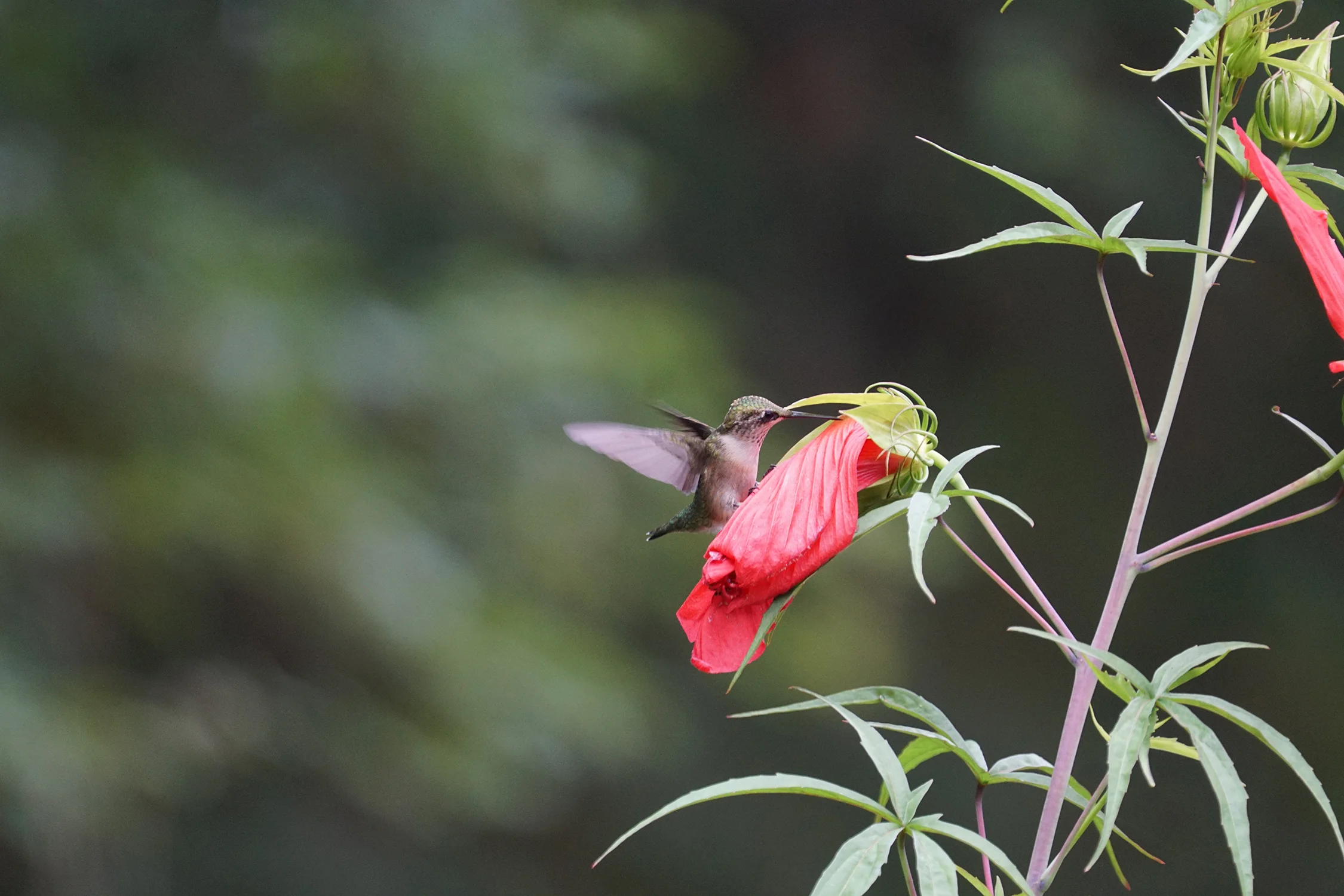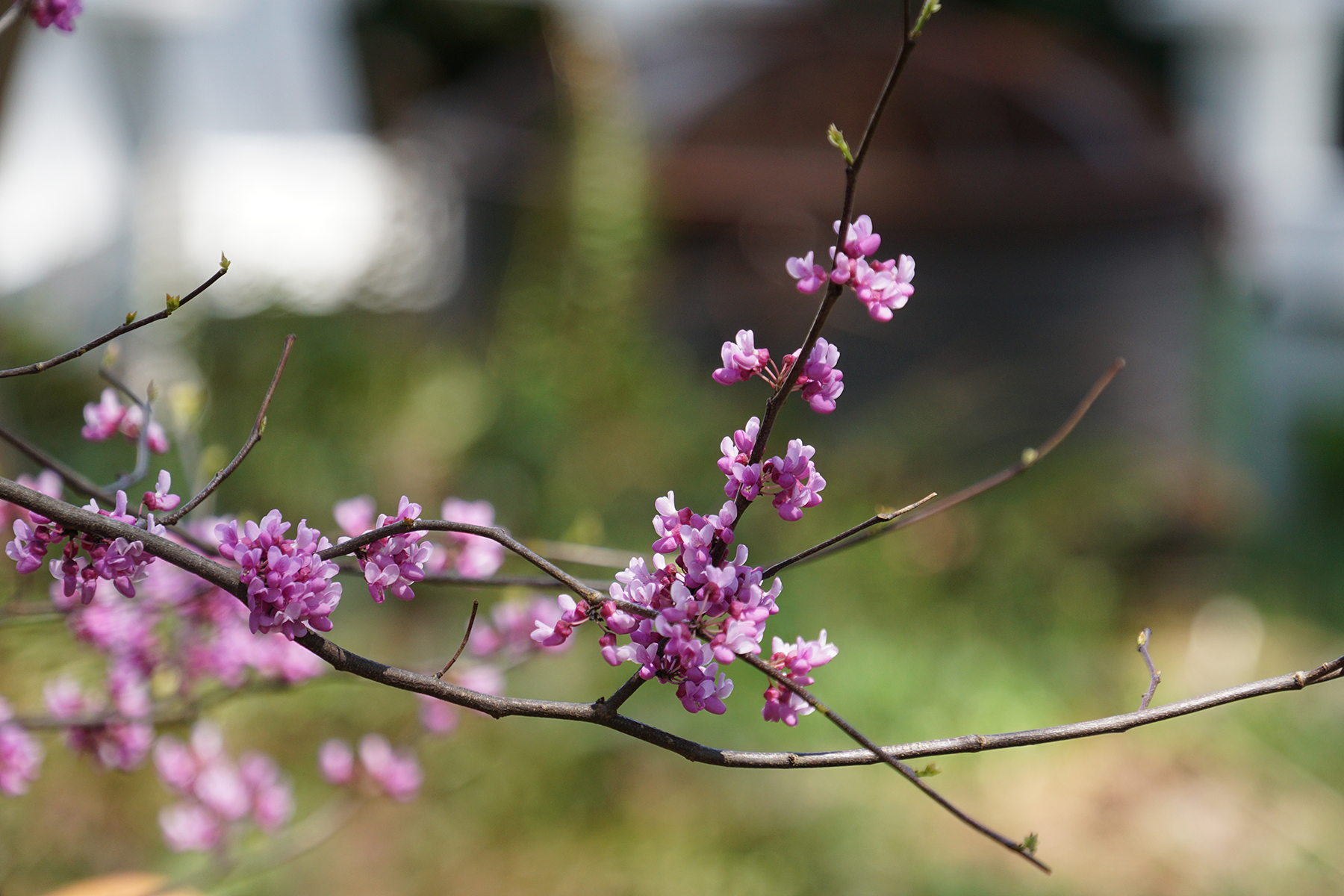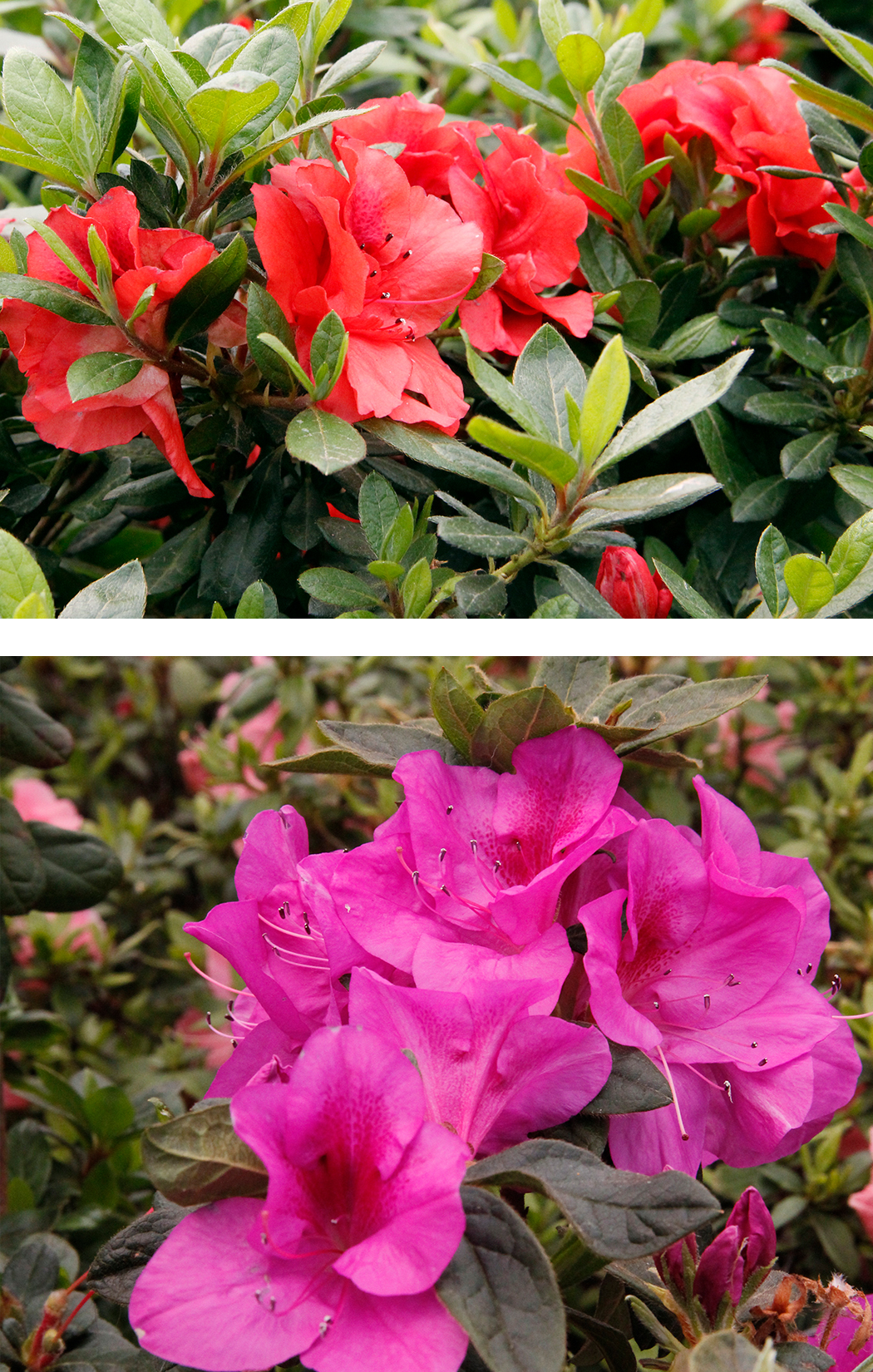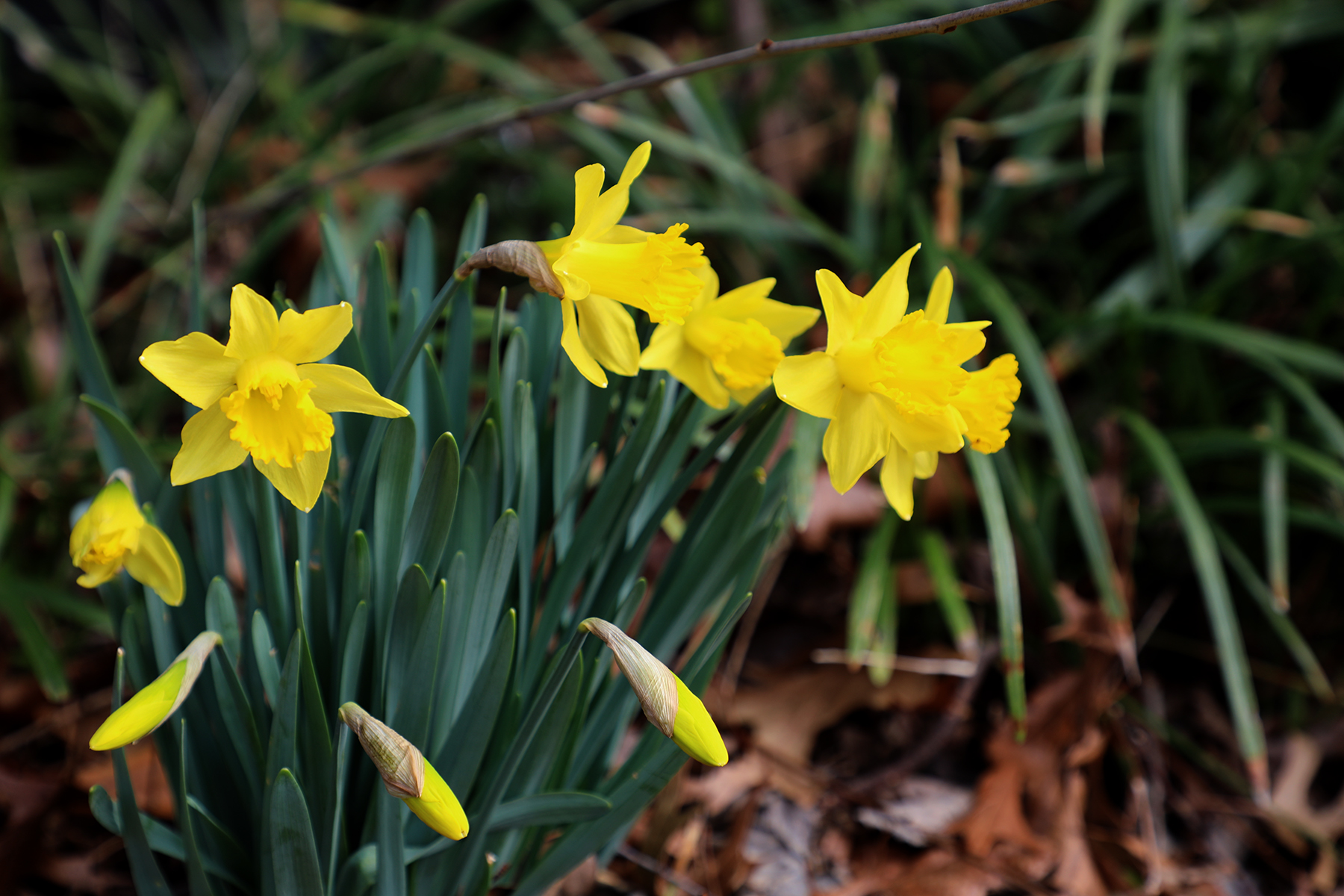On a rainy afternoon just like this one, I ran across this quote from the Roman Stoic philosopher Cicero.
“If you have a garden and a library, you have everything you need.”
Being both a gardener and a writer, as well as a librarian in a past life, I fully agree with this sentiment. Being also a bit of a skeptic when it comes to internet quotes, I did a little research into these words. The general agreement is that Cicero did write these words in a letter to a friend. The literal translation is, “If you have a garden in your library, you have everything you need”. Many, if not most, homes of wealthier Romans had inner outdoor courtyards with a garden. So in this context, the literal translation may be the correct one.
In my case, the literal translation may also be the more apt one. Most of my Life has been spent with books and gardens. Even my career has revolved around the the worlds of plants and words. They have informed each other, shaped how I see the world, and helped make me who I am today.
Gardens and libraries are both repositories of information. The written, spoken, and filmed words you find in today’s libraries bring the world’s knowledge to anywhere there are people seeking to learn. A garden brings the experiential version of much of that knowledge. Let’s call it an interactive library of science and art. So the two concepts support one another. You may experience some natural or man-made phenomena in a garden, and go to the library to find out about it. Or you may read about/hear about/see some amazing garden at the library, and then go and see it or try to recreate that effect. However the approach, the effect will be some wisdom gained.
And knowledge gained and applied, multiplied by the experience of using that knowledge, is in fact, a type of wealth. The designer and philosopher Buckminster Fuller offered this idea as a definition of wealth. We are always learning more and experiencing more. As we apply this knowledge and experience to our lives through our actions, we become more wealthy.
That’s certainly been my experience. Through my time spent in libraries and gardens, I have learned how to feed myself by growing, cooking, and eating lots of fresh food, how to heal myself by growing and using all kinds of vegetables, herbs, and flowers, how to construct shelters using plants and soil, how to provide money for myself by growing food/flower/fuel/fiber plants for others, and how to heal local and planetary environments by growing/planting/using plants. The biological processes alone could keep you busy learning, teaching, and doing your entire life!
Add to that the artistic and spiritual knowledge and experience you’ll find in a garden. I often say that gardens don't just feed our bodies; they feed our souls as well. We’ve all experienced the restful coolness of a forested garden. The riot of color in most flower gardens stimulates us and lifts our spirits. As we gain the confidence to create our own gardens, we have the opportunity to indulge our inner artist. Our creative nature is engaged, and new parts of the brain may even be activated.
Just as a well-loved book will have worn, stained pages, a well-loved garden will have worn paths to certain areas, often stained with the blood, sweat and tears of the gardener. Special sections of both books and gardens will be easy to find. That's where the most attention goes. Follow the most often used trail in any garden to see what the gardener enjoys most. Find the most dog-earred pages in a book to discovered the most treasured passages. In either case, the knowledge is where the wealth is, because that’s where the Love is.











